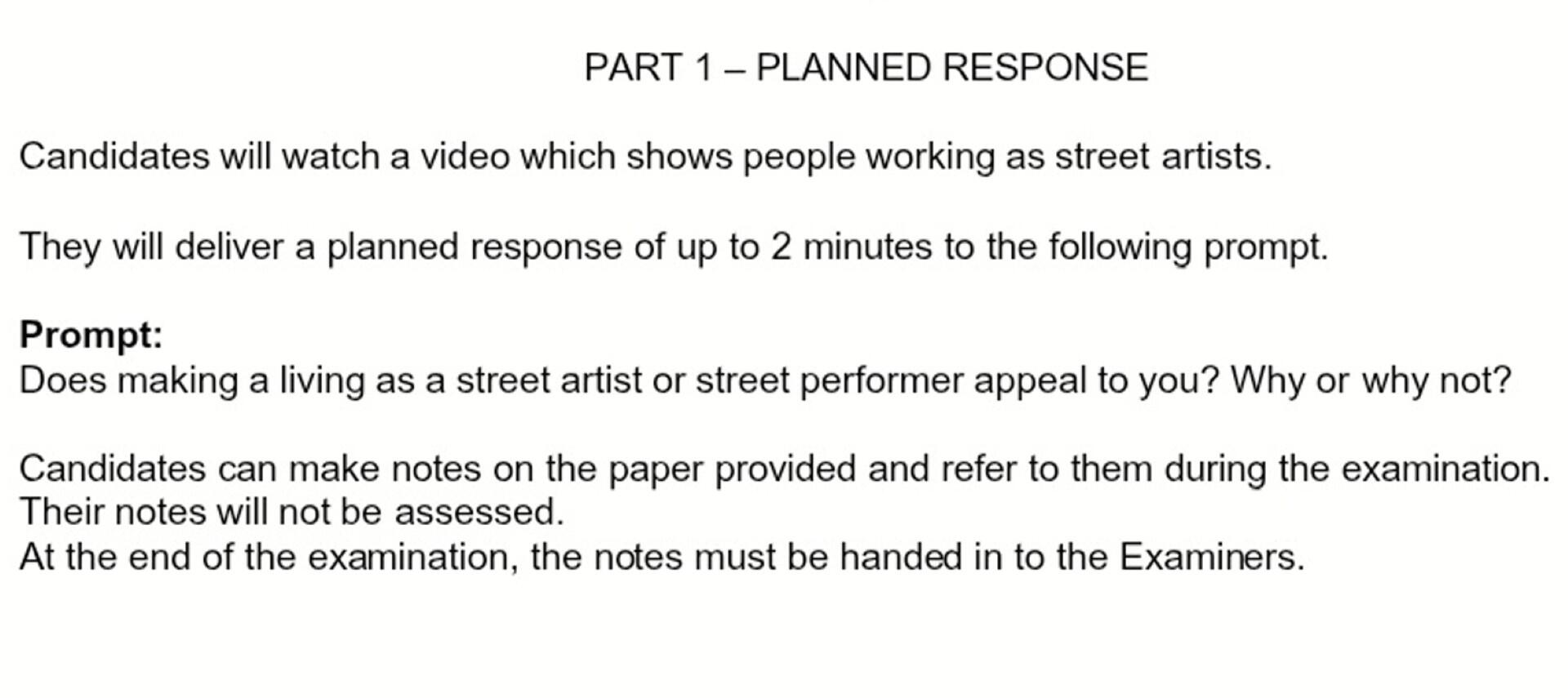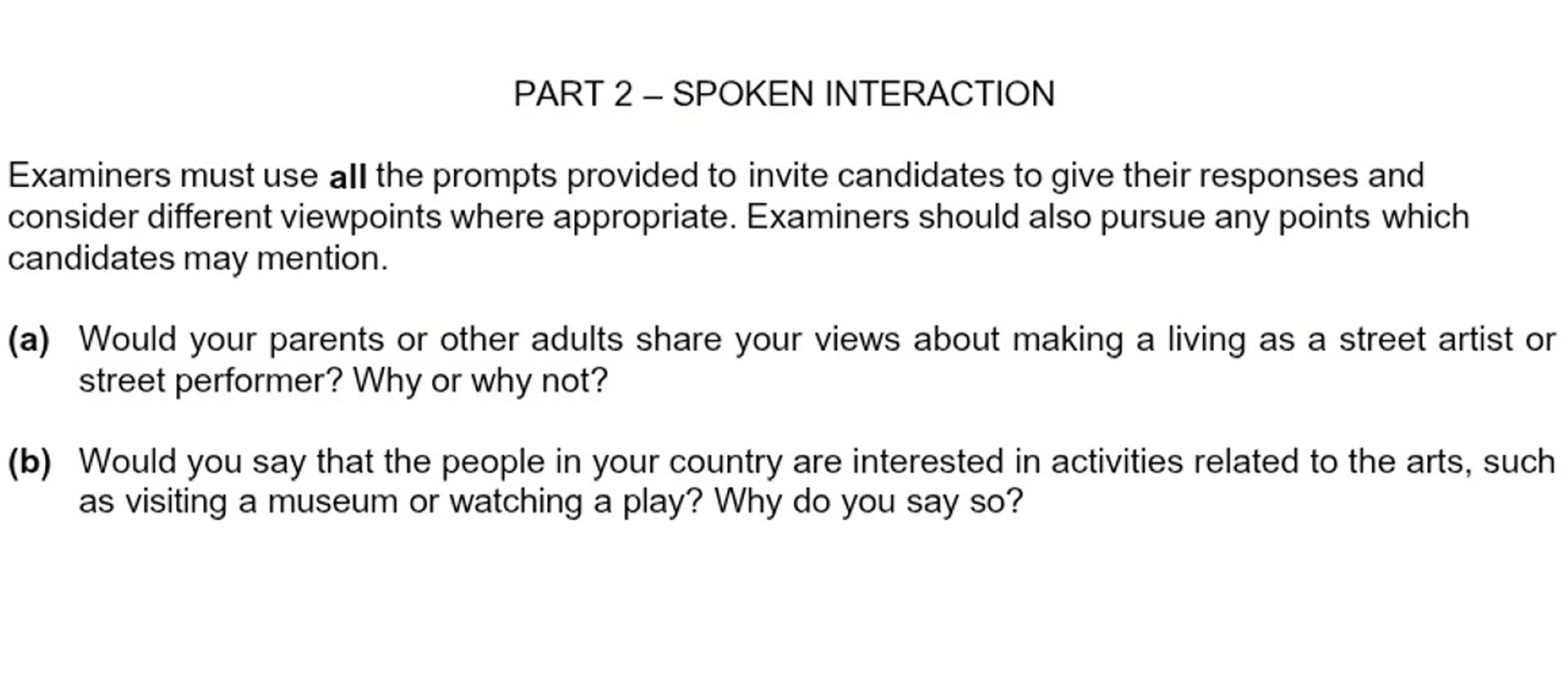English is considered by many to be one of the most important languages to learn globally, and this is especially true in Singapore, a major international business hub. English proficiency is highly valued in Singapore for both academic and professional success. In light of this, the MOE has designated English as a core subject for students from elementary school through to the O levels.
English is not just a subject—it's a gateway to higher education and better career opportunities. Scoring well in your English exams can determine your future career options. On the other hand, a lower grade closes many doors, and a failure can adversely affect your opportunities and lower your chances of getting any offers to junior college or Polytechnic.

The O-level English exams can be difficult, but by applying the right strategies and practising consistently, you can easily score an A1. In this guide, we will share expert tips to help you score A+ in your O level English exam--breaking down each paper, avoiding common pitfalls, and giving you the tools you need to succeed.

Understanding the O Level English Paper Format
The O level English syllabus is divided into 4 parts:
Paper 1 (Writing) – The writing paper tests a candidate’s creative writing ability, while also testing their grammar and vocabulary use skills. The paper is divided into 3 sections:
- Section A: Editing (10 marks)
- Section B: Situational Writing (30 marks)
- Section C: Continuous Writing (30 marks)
Paper 2 (Comprehension) – In the Comprehension paper, candidates are tested on their summary writing skills and ability to understand texts and derive meaning from them. The Comprehension paper consists of 3 sections.
- Section A (5 marks)
- Section B (20 marks)
- Section C (25 marks)
Paper 3 (Listening) – In the O level English Listening paper, students are tested on their ability to comprehend spoken English through audio recordings. It consists of 2 papers:
- Section A (22 marks)
- Section B (8 marks)
Paper 4 (Oral Communication) – In the O level English oral topics (Communication paper), students are judged on their pronunciation and their ability to speak fluently with examiners. It consists of 2 papers:
- Part 1: Planned Response (15 marks)
- Part 2: Spoken Interaction (15 marks)
Here is an example from the sample paper issued by MOE.

To understand the format and marking scheme in more detail, read how we decipher the O level English on Superprof.
General Preparation Tips for O Level English Exam
Study the Exam Format – Go through the syllabus assessment and note the points assigned to each section. Prepare yourself accordingly.
Read Widely – Read a range of writing styles present in newspapers, articles, model essays, and opinion pieces to become familiar with different writing styles.
Expand Your Vocabulary – To score good marks in the O level English situational writing format paper, you need to use a rich and varied vocabulary. Maintain a vocabulary journal where you record new terms and learn to use them in the appropriate context.
Pay Attention to Grammar – The grammar section is extremely scoring. Review fundamental grammar rules and practice from reputed grammar practice books and previous year question papers to score full marks.
Work on Your Writing Skills - Practice writing in different styles like expository, descriptive, narrative, persuasive, argumentative, etc, to increase your chances of scoring good marks in O level English exam.

Expert Tips to Ace Your O Level English Paper
a) Paper 1: Mastery in O level English Situational Writing Format
The first paper of the O Level English exam tests your ability to write creatively. It has 2 key sections Situational Writing and Continuous Writing, both of which carry significant weightage.
For Writing:
- Ensure your introduction, body (2-3 main points), and conclusion are well organised.
- Answer all prompts – you will lose marks if you miss any point.
- Always choose the format you’re most confident writing about.
- Try to limit your choice of clichés.
- Use transition words like“Therefore”, “On the other hand”, “As a result”, “For example”, etc to link ideas smoothly.

b) Paper 2: Reading Comprehension Strategies
Paper 2 evaluates your analysing and summary writing skills in response to written texts.
How to Score in This Paper:
- Skim the passage to get the main idea, underline keywords, and annotate important passages
- Read before and after the sentence to understand the meaning
- Look out for implied ideas in the passage which reflect the tone of the passage
How to Score in Summary Writing:
- Avoid personal opinions; focus on what is being asked
- Write the summary in your own words (don’t just copy and paste text from the passage)
- Stay within the word limit of max 80 words
- Write in a neutral tone
c) Paper 3: Listening Comprehension (O Level English Oral Topics)
Paper 3 assesses your listening skills in different contexts, like speeches, conversations, or interviews.
During Listening:
- Make brief notes to capture key details.
- Pay close attention to the tone and specific keywords to understand the message.
- Pay full attention to what the speaker is saying. Zoning out will cost marks.
After Listening:
- In Section A, recordings will be played twice. Use the second playback to check your initial answers.
- In Section B, you’ll only hear the recording once. But, don’t panic! Stay calm and try to recollect whatever you had heard.
- Attempt answers even if you are not sure. After all, there is no negative marking.
d) Paper 4: Oral Communication (O Level English Oral Topics)
Paper 4 tests your ability to converse fluently with the examiner based on a visual stimulus. Given below is an example from MOE's specimen paper.

How to Respond:
- Expand on the points you are making
- Reply in complete sentences instead of a yes/no
- Think before you speak and speak clearly in a calm and confident way
How to Create an Effective English Study Plan
Let us look at some tips on how to ace your GCE O level English language examinations.
Practise Past Year Questions
A great strategy to excel in O level English examination involves thoroughly practising past year questions. This not only acquaints you with the format and types of questions that may appear but also increases your confidence levels.

Time Management and Study Plan
Arguably, two of the most important things you need to have to succeed in your O levels are time management and a good study plan. Without these two, your journey to acing your subject becomes difficult.
With so much to learn and study, students frequently feel overburdened. Last-minute cramming is really unnecessary when you have a well-organised and well-defined study plan. Instead, you can concentrate on every area and give the areas that require more practice the time they require.
Group Discussion
Practising past year and practice questions might work for writing and comprehension tests, but participating in group discussions works wonders for your listening and oral communication test.
In Singapore, local students often slip into Singlish inadvertently--the colloquial everyday English spoken in Singapore. By participating in group discussions, students get the much-needed practice of speaking formally in English, which is an important skill in O level English oral topics.
Make Use of All Available Resources
There are plenty of valuable resources out there in addition to your usual school textbooks, practice books, and past-year questions. Make the most of these resources, like flashcards, model essays, O level English oral topics, O level English listening comprehension books, O level English situational writing format practice papers and online platforms to boost your O level marks.
If you would like further details on the resources available for O level English paper, read our article for mastering O Level English.

Sit for the Prelims
One of the best strategies to prepare for the O-Levels is to take your school’s preliminary exams seriously. Held weeks before the actual exams, prelims allow you to practice under real exam conditions and identify areas that need improvement.
The majority of schools purposefully set preliminary exams at a level above the "O" levels. Think of these exams as a safe space where you can make errors, learn from them, and boost your exam strategy.
For additional practice, visit the Holy Grail website to access preliminary pacers from various schools.
Why Superprof Is The Best Platform For O level English Exam
Hands down, the best way for you to ace your English O level examination is by hiring a tutor. A tutor can go over the entire O level English exam syllabus and ensure you are well-prepared for each of the 4 components of the O level English paper.
However, with so many tuition centres in Singapore, how do you decide which tuition centre is the best for you?

Superprof is an online platform connecting students with tutors from all over the world for various subjects, including English. Superprof offers flexibility that most tuition centres don’t. You not only get to pick your tutor but also get to pick when and where you would like to have your classes. Another flexibility that Superprof offers is the choice of online or face-to-face classes.
Additionally, the tutors on Superprof are not only qualified and knowledgeable but also verified by us. You can be sure that the tutor you are hiring is the best because every tutor listed on our platform has undergone verification. Don't worry if you're not sure which tutor to choose. The majority of tutors provide a free initial lesson. This will allow you to determine whether or not a specific tutor fits your learning objectives.
So, what are you waiting for? Sign up today and begin your preparations for your O level English exam with a bang.
Summarise with AI:















